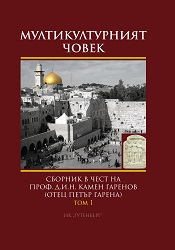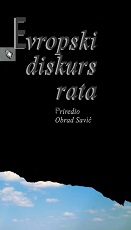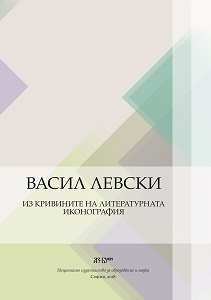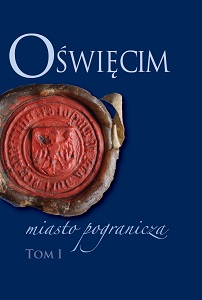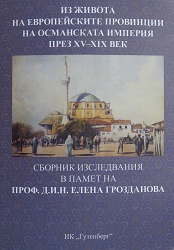
Мека и Медина в българския османски архив
The paper presents in analytical way to Fund of the Ottoman documents about Mecca and Medina, kept in the collections of Oriental Department of the National Library "St St Cyril and Methodius". The documents are grouped in six main sections according to their content. The author presents in annotated form multiple documents of that fund. The paper includes an annex of the inventory of documents from fund Hijaz (Arabia).
More...
